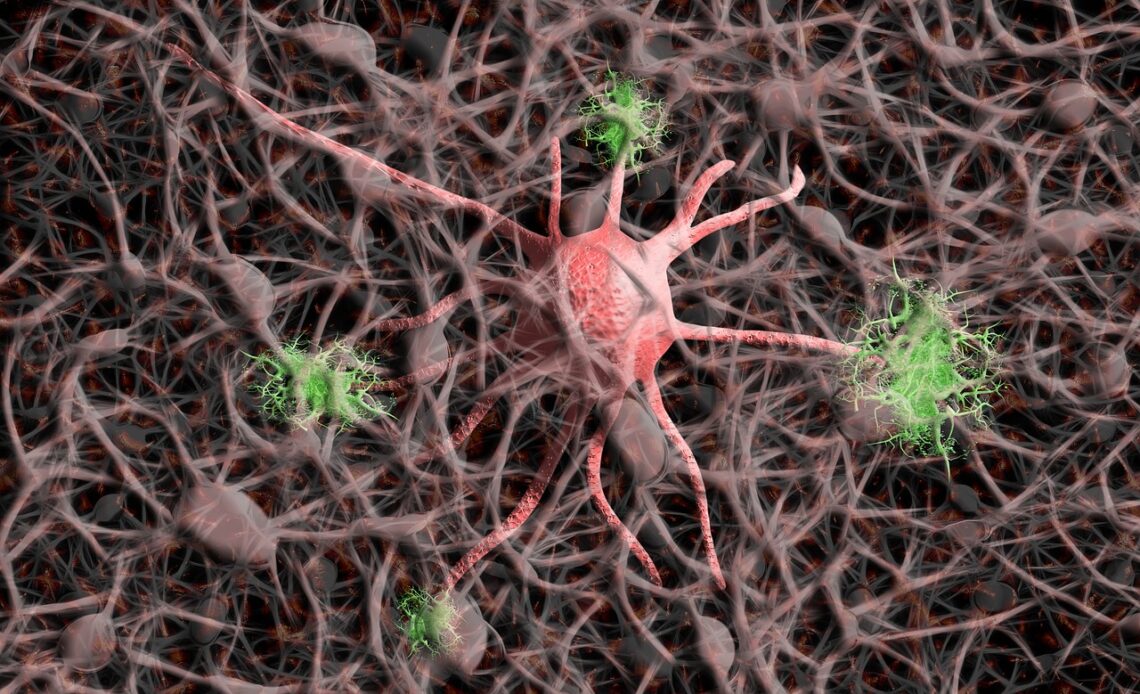
Neuropathy, a nerve disorder characterized by pain, numbness, and weakness, has long been a challenge in the medical world. Traditional treatments have their limitations, prompting the exploration of alternative approaches. One such alternative is the Lion’s Mane mushroom (Hericium erinaceus), which shows potential for aiding in nerve repair and alleviating neuropathy symptoms.
The Lion’s Mane Mushroom and Neuropathy
Lion’s Mane mushroom, traditionally used for its health-promoting properties, has been the focus of recent research due to its potential benefits for neuropathy. Its bioactive compounds, erinacines and hericenones, are believed to aid nerve regeneration. Preliminary research suggests that incorporating Lion’s Mane into one’s diet may be beneficial for individuals suffering from peripheral neuropathies or seeking ways to prevent their development. However, more extensive human studies are necessary to confirm these findings and determine the most effective dosages.
Neuropathy: Symptoms and Complications
Neuropathy often stems from spinal inflammation, immune reactions, or viral triggers, leading to debilitating symptoms like muscle weakness or paralysis, loss of sensation, and chronic pain. Research into Lion’s Mane mushroom has shown promising results in animal studies, suggesting it could potentially offer hope for those suffering from neuropathic conditions where conventional treatments may not always provide satisfactory outcomes.
Traditional Treatments for Neuropathy
Traditional treatments for neuropathic conditions like transverse myelitis include corticosteroids to reduce inflammation, physical therapy for maintaining body functions, and other medications if corticosteroids are not effective. Incorporating Lion’s Mane mushroom into a comprehensive treatment plan could potentially improve patients’ quality of life by addressing their residual neurological deficits more effectively than relying solely on conventional approaches.
The Benefits of Lion’s Mane Mushroom
Lion’s Mane mushroom’s potential benefits in treating neuropathy-related conditions are attributed to its unique properties that may contribute to nerve growth and repair. Preliminary studies have shown promising results, suggesting that Lion’s Mane could potentially benefit patients suffering from neuropathy or other neurological disorders by promoting nerve regeneration and improving overall cognitive function.
Frequently Asked Questions
Can Lion’s Mane mushroom be used as a complementary therapy alongside traditional treatments for neuropathy?
Yes, Lion’s Mane mushroom has garnered interest as a potential complementary therapy in neuropathy prevention and management. While studies on rats have demonstrated the beneficial effects of Lion’s Mane on nerve cells, further research is required to establish its efficacy in human subjects.
Are there any potential side effects or interactions of Lion’s Mane mushroom with medications commonly used for neuropathy?
Lion’s Mane mushroom is generally considered safe for consumption. However, limited studies exist regarding the possible interactions of Lion’s Mane with other medications prescribed for neuropathy. It is crucial to consult a healthcare professional before incorporating Lion’s Mane as a complementary therapy.
How long does it typically take to see improvements in neuropathy symptoms when using Lion’s Mane mushroom?
While Lion’s Mane mushroom may have a profound dietary impact on nerve repair, concrete evidence regarding the duration required for substantial improvements in neuropathy symptoms remains elusive. It is paramount that individuals consult with healthcare professionals before incorporating Lion’s Mane mushroom into their treatment regimen.
Are there any specific recommendations for the dosage and form of Lion’s Mane mushroom for neuropathy treatment?
The optimal Lion’s Mane dosage and the most suitable forms for its administration remain subjects of ongoing investigation. It is prudent to consult with a healthcare professional before incorporating Lion’s Mane into a treatment plan for neuropathy.
Are there any clinical trials or scientific studies that support the use of Lion’s Mane mushroom for neuropathy relief?
Scientific studies have shown that the active compound Erinacine A, found in Lion’s Mane, exhibits positive effects on nerve cells in animal models. Although clinical trials focusing specifically on neuropathy relief are limited, the existing evidence suggests that incorporating Lion’s Mane into one’s diet may support nerve health without causing harm.
The potential of Lion’s Mane mushroom in the treatment of neuropathy is an exciting area of research. While more extensive human studies are needed, the existing evidence suggests that this natural remedy could be a valuable addition to traditional treatments. As we continue to explore its therapeutic potential, Lion’s Mane mushroom remains an intriguing option for individuals seeking alternative approaches to maintaining neurological well-being and achieving a sense of freedom from debilitating symptoms.


